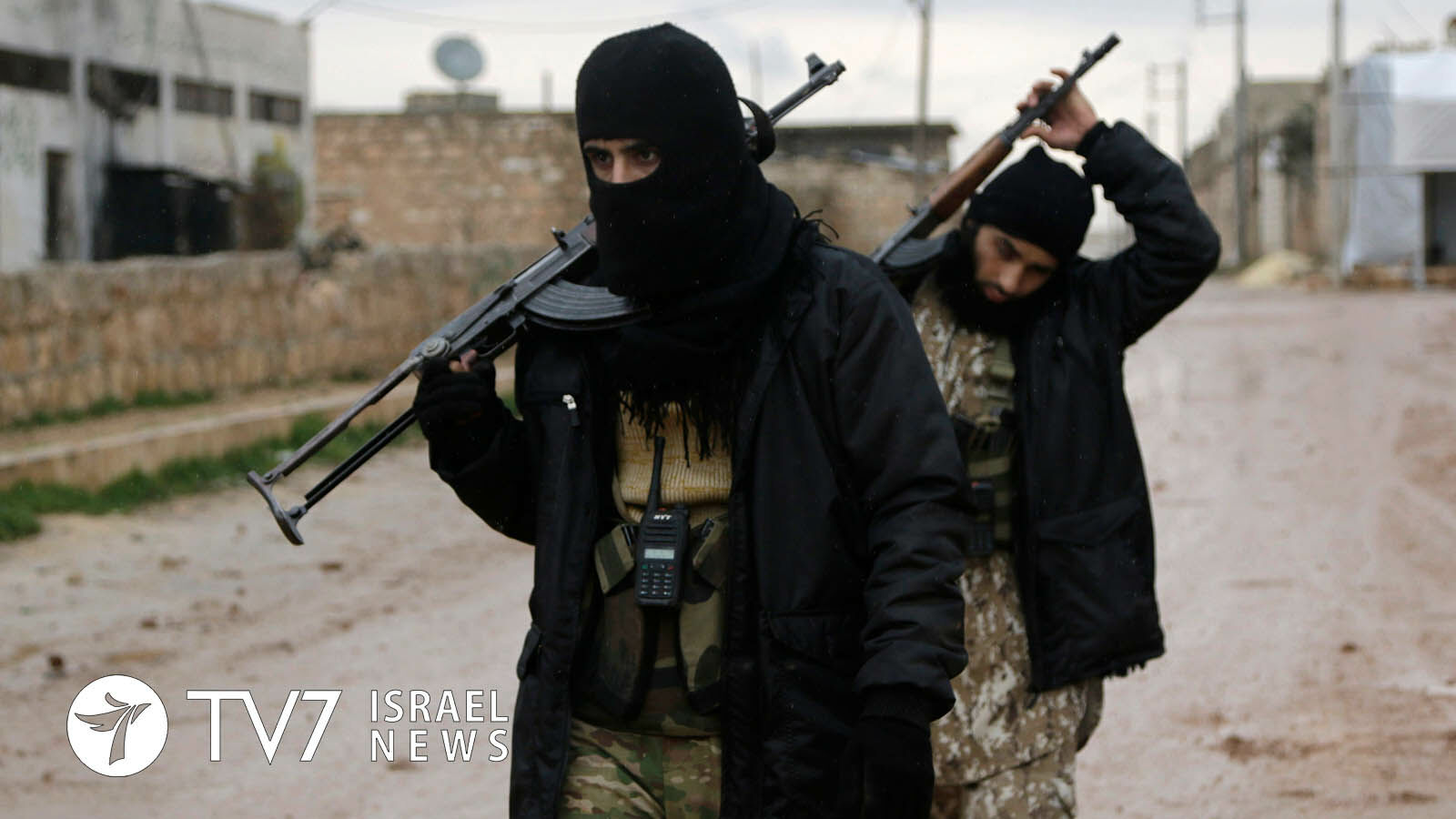Iran-backed forces in Syria have vowed a forceful response to Israel’s alleged strike in Syria’s Homs Province.
By Erin Viner and Jonathan Hessen
In the second such strike within a week, at least 1 Syrian soldier was killed and three others were wounded when unidentified aircraft struck multiple Iranian-proxy installations west of Palmyra city Wednesday night.
While the state-controlled Syrian Arab News Agency (SANA) claimed some “material damage” was sustained at a communications tower, additional reports confirmed the destruction of other targets including an Iranian-proxy training center, warehouses and storage facilities at which the contents are unknown. The aircraft launched multiple precision-guided missiles from the direction of the Al-Tanf border triangle separating Syria, Iraq and Jordan.
Syria immediately accused the Israeli Air Force (IAF) of responsibility for the assault, which came just days after Damascus accused Jerusalem of conducting similar strikes on the Syrian Armed Forces (SAF) Tiyas “T4” military airport and Al Bukamal countryside near the Iraq border last Friday.
The T4 airport is where “Iran-backed militias launched drone strikes in recent months against US bases in northern Syria,” a senior military source who requested anonymity told Reuters, adding that, “unidentified drones believed to be Israeli also hit this week Tehran-backed bases in the eastern province of Deir Ez-Zor along the Iraqi border, a strategic supply route for Iranian-backed militias who regularly send reinforcements from Iraq into Syria.
The Islamic Republic backs forces including Lebanon’s Hezbollah terror group to fight on behalf of Syrian President Bashar al-Assad against insurgents in the Civil War that erupted in 2011.
“We have taken a decision to respond to this attack in revenge for the martyrs and the blood of the injured and the response will be very cruel,” said a statement published on pro-Iranian news outlets whose authenticity was verified by Reuters.
“As a result of this attack a number of martyrs and injured from our Mujahedeen brothers have fallen,” acknowledged the statement issued by the so-called operations room of Assad’s Iran-backed allies, while asserting that the casualty rate would have been even higher had its forces not been well spread across the desert area.
The Palmyra area is close to a major concentration of Russian bases where joint maneuvers with Syrian troops have reportedly been held in recent days.
The IDF Spokesperson’s Unit stopped short from confirming nor denying alleged involvement in the spate of attacks in response to TV7’s request for comment.
The latest strikes are part of an escalation of what Israeli and regional military experts describe as a low-intensity conflict in recent years with hundreds of IAF raids aimed at stemming Iran’s attempts to entrench itself in Syria. Jerusalem demands that the Islamic Republic and its proxies remain far from Israel’s northern border and more broadly, removed from Syria entirely.
Last month Israeli Defense Minister Benny Gantz accused the Ayatollah regime of “exporting aerial terrorism” by providing foreign militias with drone training, while providing satellite images showing Unmanned Aerial Vehicles (UAVs) on the tarmac at Iran’s Kashan airbase in Isfahan.
“Terrorists from Yemen, Iraq, Syria and Lebanon” are being “trained to employ UAVs produced by Iran” said Minister Gantz, describing Kashan as “a key point from which Iranian aerial terrorism is exported to the region.”
“Iran has developed ‘proxy terror’ which is perpetrated by organized ‘terror armies’” which help it to “achieve its economic, political and military goals,” charged Lt. Gen. (res) Gantz according to a transcript TV7 received from the Israeli Defense Ministry.
Saying that the UAVs have “a range of thousands of kilometers” and represent “one of the most significant tools employed by Iran and its proxies,” Israel’s top defense chief added that the Islamic Republic is also working to “transfer know-how that would allow the manufacturing of UAVs in the Gaza Strip” on Israel’s southern border.
